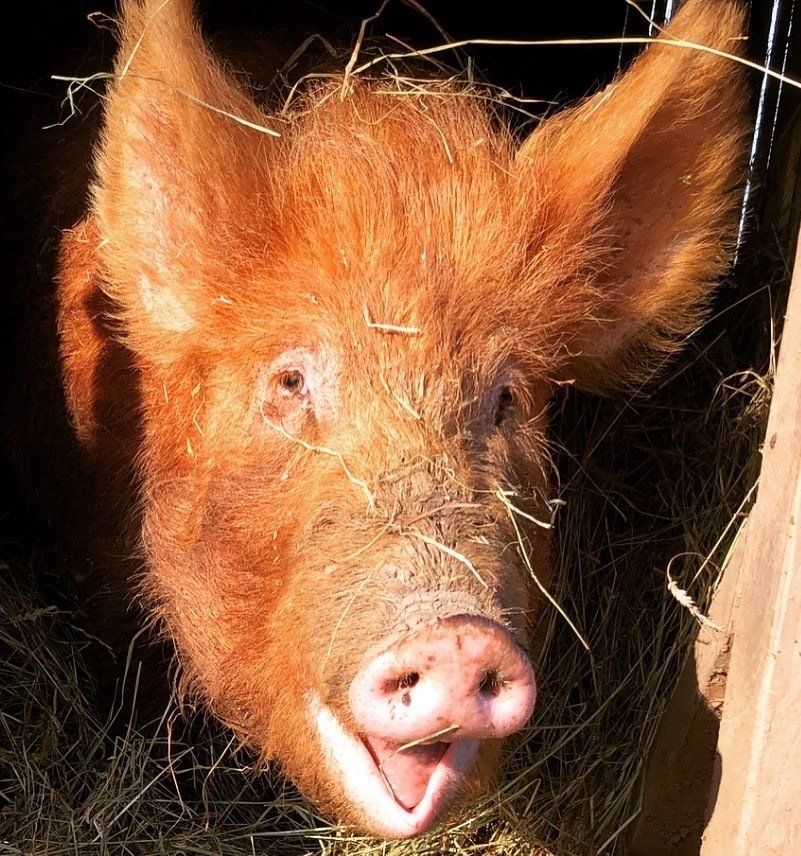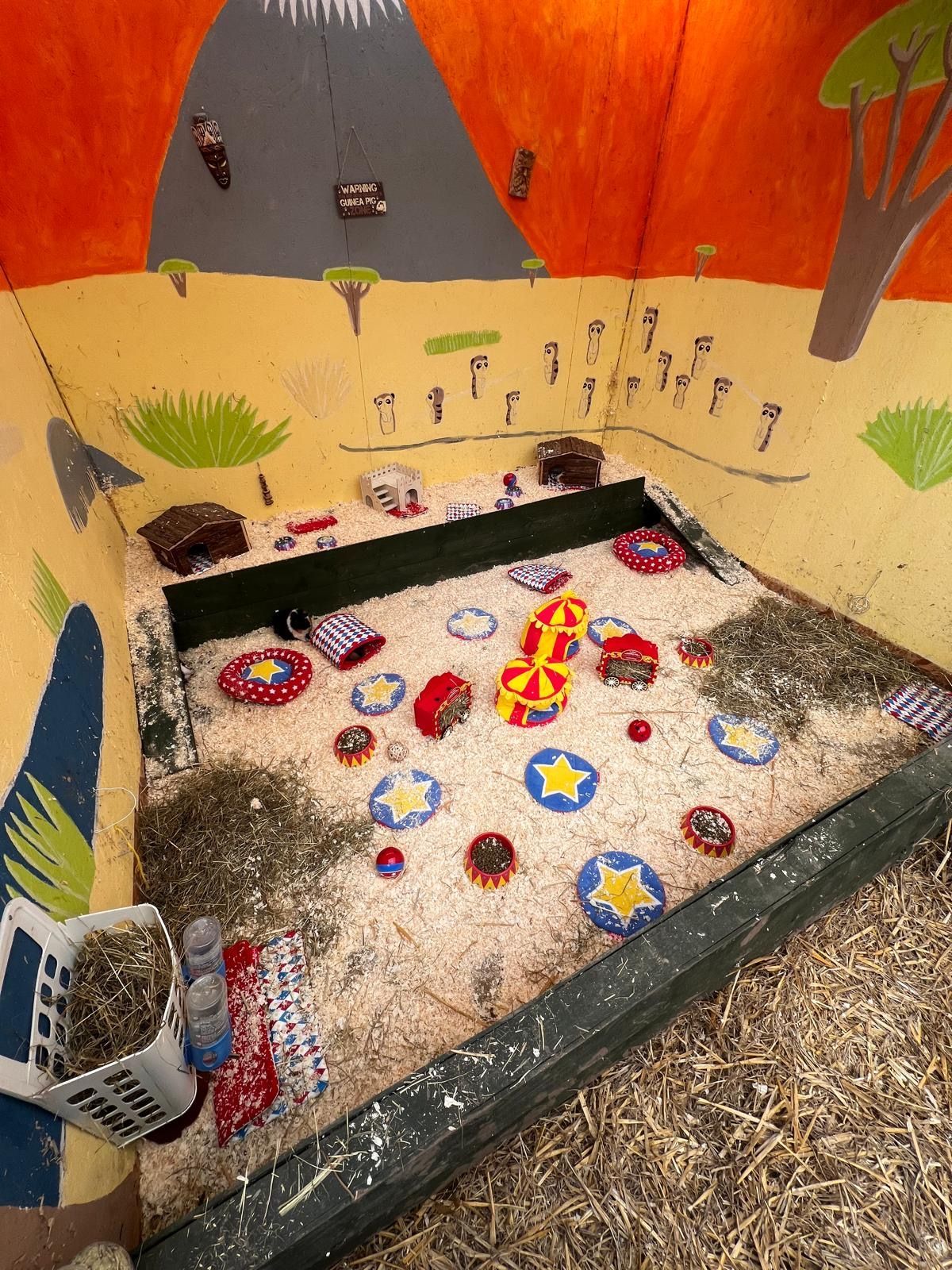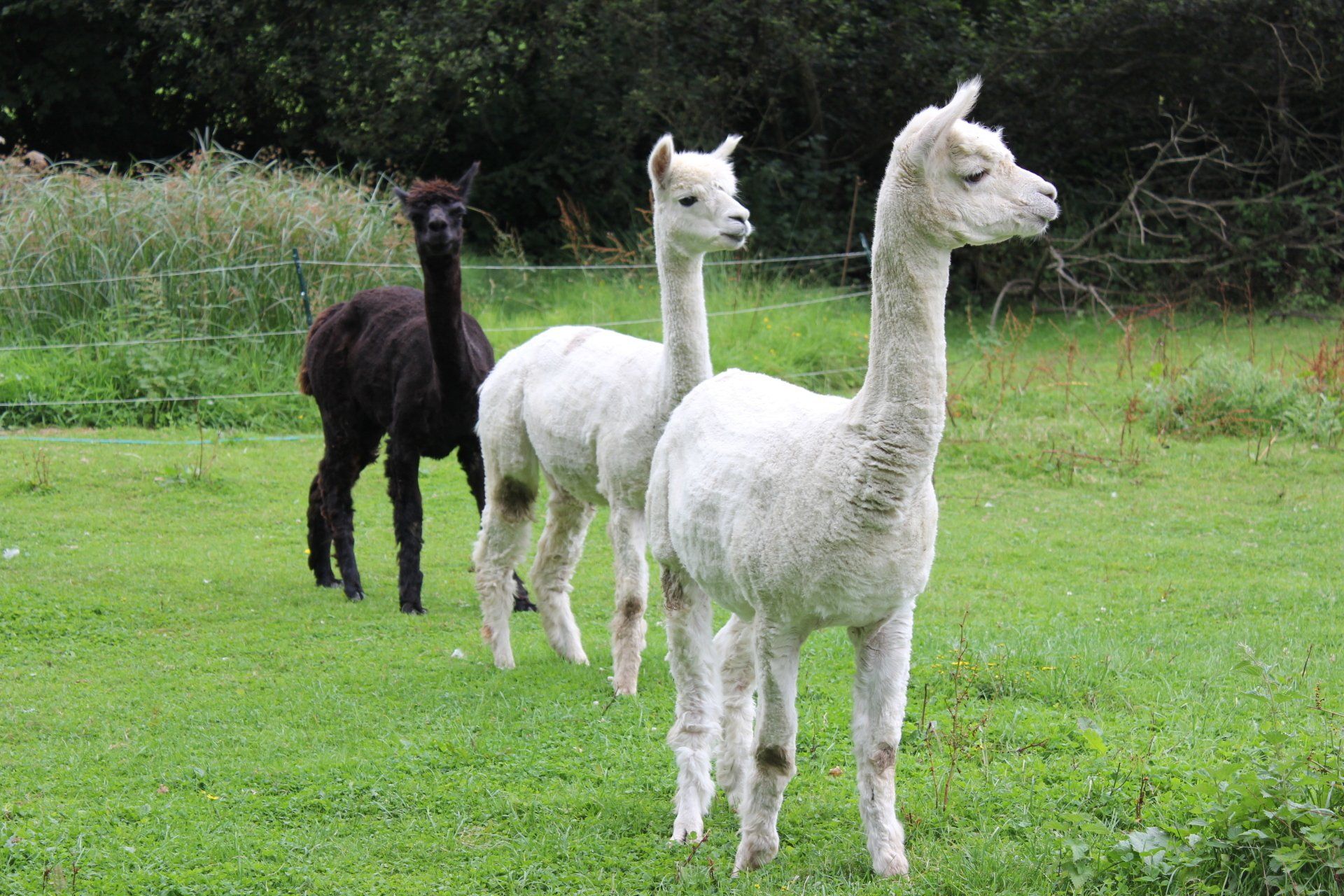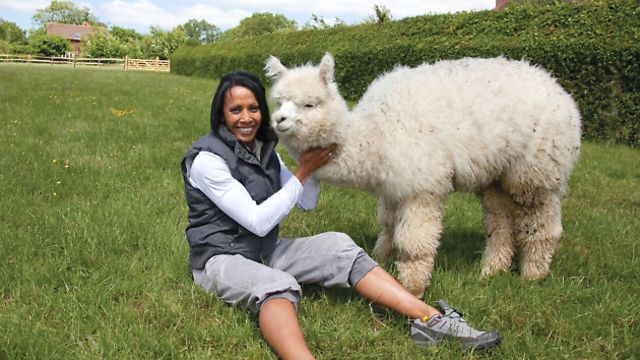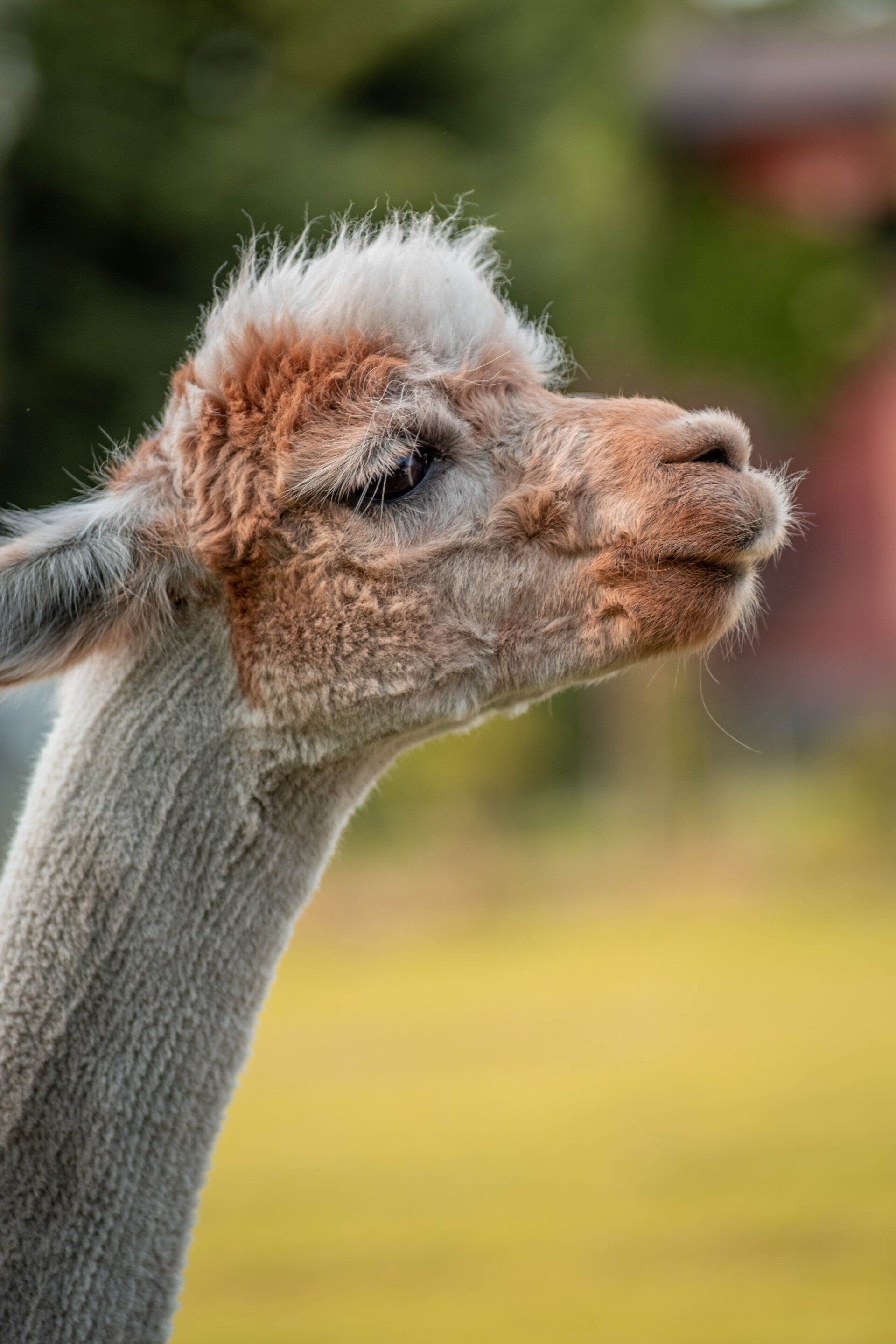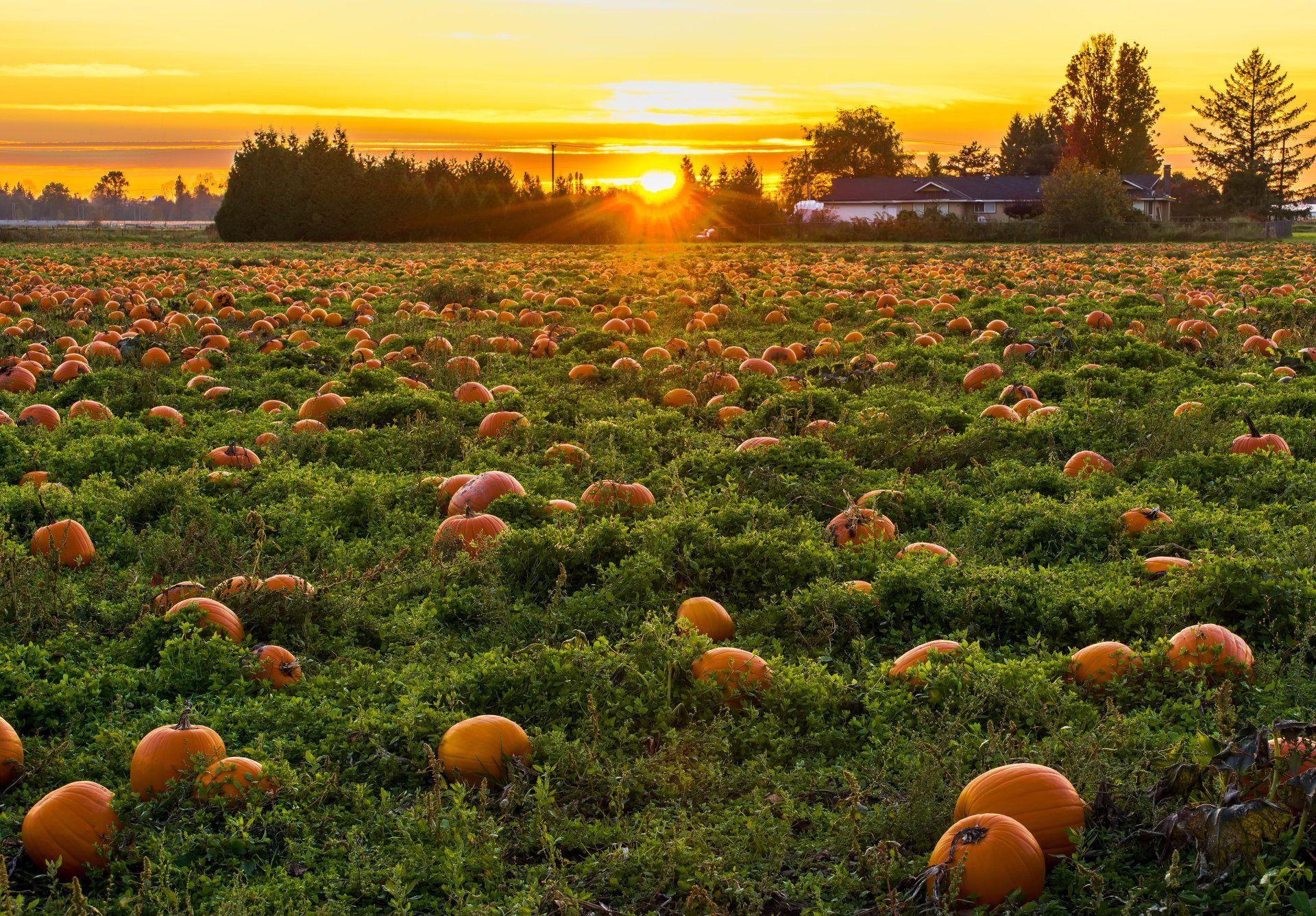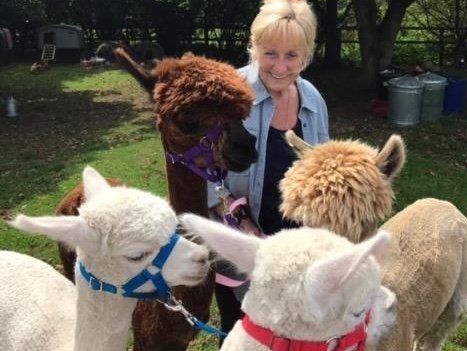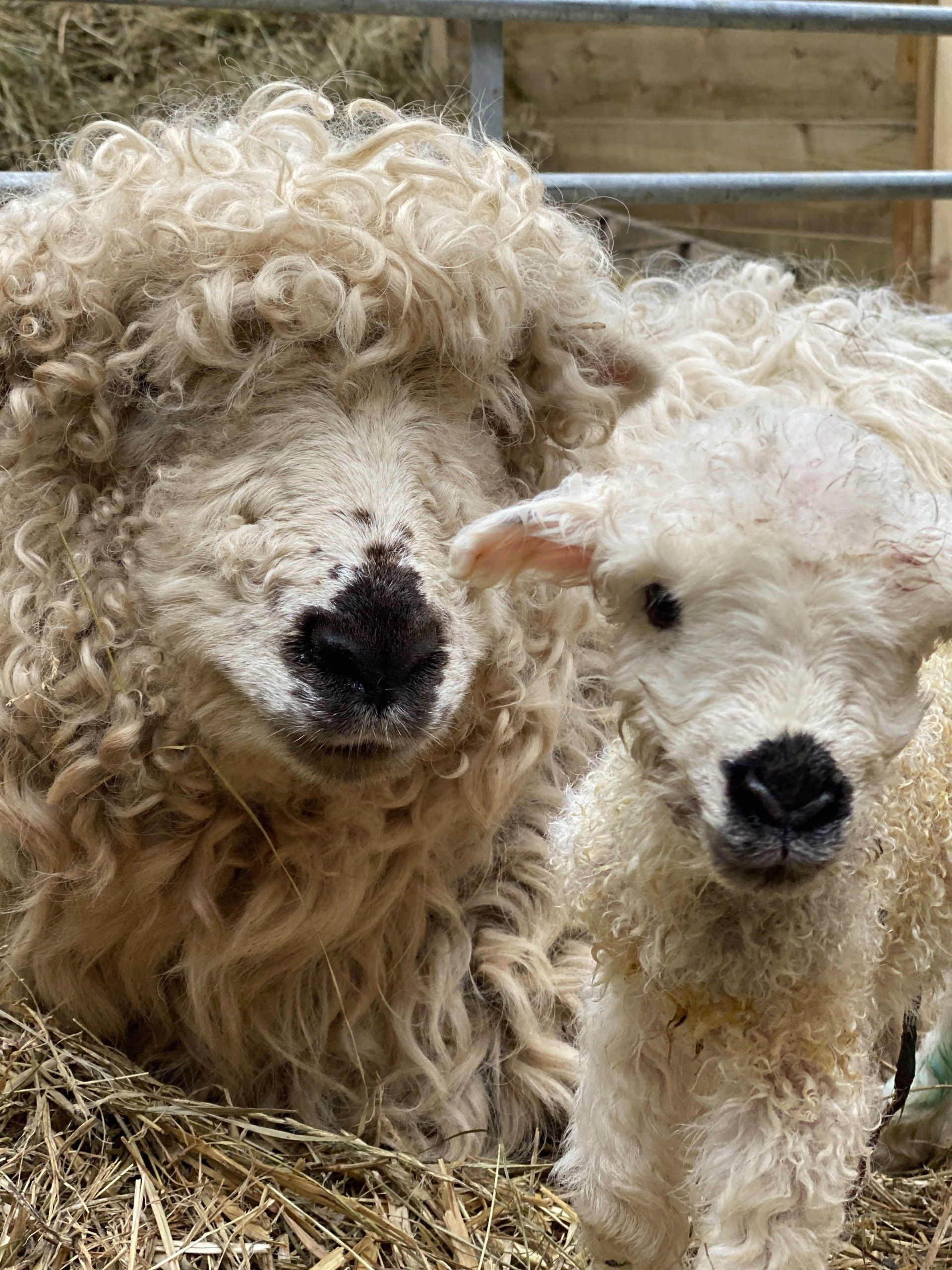Why Care Farms are so vital to the wellbeing of so many children
Our Care Farm offers alternative provision for children with additional needs. Find out how we can help support you and your family.
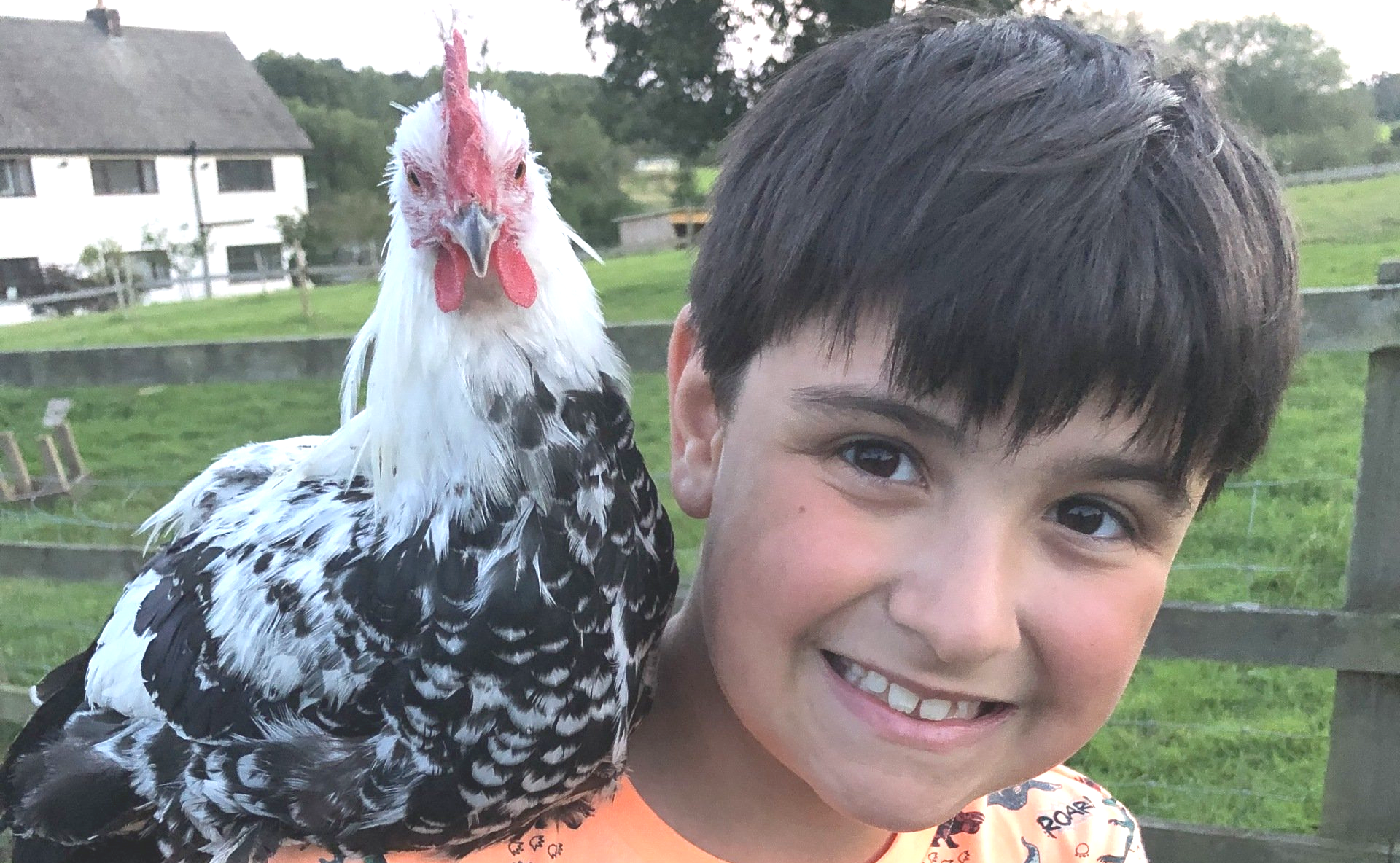
Care farms farms offer a vital bridge between school and home life for children who struggle to learn in the classroom. School refusal, anxiety, ADHD, ASD and many kinds of additional needs can prevent a child enjoying the traditional school setting. Some students fail to thrive and others struggle to cope with the strain of sitting at a desk all day. This is where Care Farming can really help. With far less sitting, more freedom, the chance to get 'hands on' and the space to move all day in a calm and caring atmosphere, Care Farms provide the ideal setting for many animal loving children.
We run Care Farm day sessions on Tuesdays and Wednesdays when children come from around the West Midlands and Warwickshire to benefit from the kind of 'therapy' only animals and nature can provide! We also offer one hour private sessions for those who prefer very quiet sessions.
Here's why Care Farming is so popular:
1. Therapeutic Benefits: Care farms provide a therapeutic environment where children can interact with animals, engage in nature-based activities, and participate in farming-related tasks. This hands-on experience can have a positive impact on their physical, emotional, and mental well-being. Interacting with animals has been shown to reduce stress, improve mood, and promote relaxation.
2. Learning and Development: Care farms offer children a unique opportunity to learn about nature, farming, and the environment. They can develop skills such as animal care, gardening, and sustainable practices. This hands-on learning experience fosters a sense of responsibility, independence, and self-confidence in children.
3. Connection with Nature: Care farms provide a natural and outdoor setting where children can connect with nature. Spending time outdoors has numerous benefits, including improved physical fitness, enhanced cognitive abilities, and increased creativity. It also helps children develop a sense of appreciation and respect for the natural world.
4. Social Interaction: Care farms provide a social setting where children can interact with farm animals, farm staff, and other participants. This interaction promotes social skills, teamwork, and empathy. Children can learn about cooperation, communication, and respect for others while engaging in farm activities.
5. Sense of Belonging: Care farms provide a supportive and inclusive environment where children feel a sense of belonging. They can build relationships with animals and farm staff, fostering a sense of connection and acceptance. This can be particularly beneficial for children who may struggle with social interactions or have experienced trauma or difficulties in their lives.
6. Therapeutic Intervention: Care farms can also serve as a form of therapeutic intervention for children facing various challenges, such as behavioural issues, mental health issues, or learning difficulties. The combination of nature, animals, and structured activities can support their therapy and rehabilitation process.
Overall, care farms offer a unique and holistic approach to supporting children's well-being and development. They provide a nurturing and educational environment that promotes physical, emotional, and social growth while fostering a connection with nature and animals.
We're very proud of our flourishing Care Farm and are always open to applications. Get in touch if you think we can support your child.
